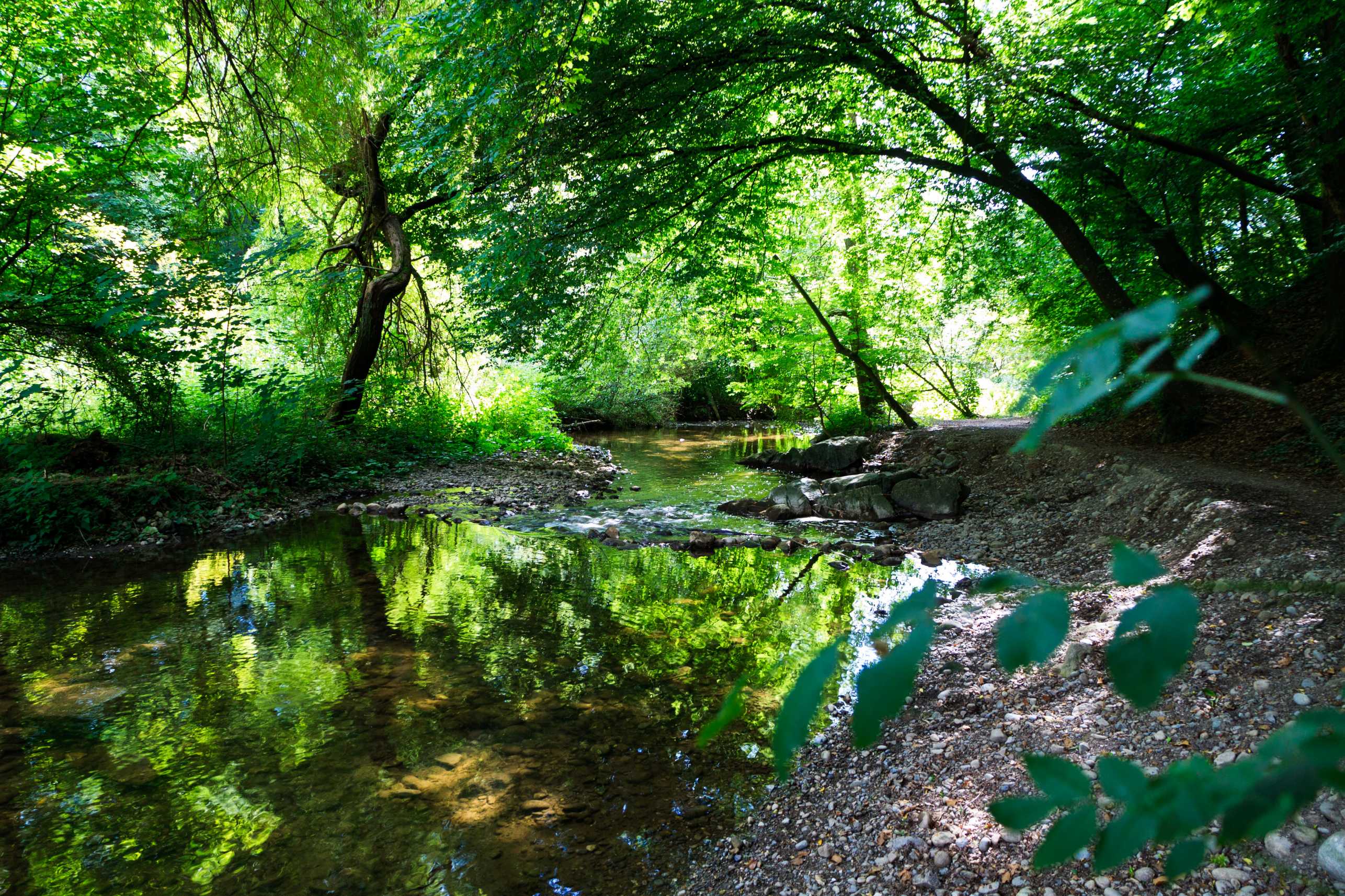Bachelor

A total of 180 credits are required in the Bachelor's degree studies to successfully complete the degree. It is assumed that one credit corresponds to one performance task which can be completed in 25 – 30 working hours. The entire workload includes all time that has to be put in by the student on the course (e.g. lectures, seminars and examinations, as well as preparation and follow-up time). Of course, more than the required credits may also be earned.
In addition to the lectures from the examination blocks A and B of the basic year, there are also courses in the first and second semesters that must be examined and passed individually.
These are the following courses:
- Introduction into Environmental Engineering
- Integrated Laboratory Basics Chemistry
- Introduction to Environmental Monitoring
In the Integrated Laboratory Basics Chemistry course in chemistry topics from the chemistry lecture are covered in greater depth and the basics of laboratory practice are taught.
The Introduction to Environmental Monitoring course is the first independent work and is carried out in groups.
All subjects of the first year of study are examined in the First-year examinations. This annual examination is divided into two blocks. The basic examination, consisting of basic examination block A and basic examination block B, must be taken within four semesters from the start of the course. The examinations belonging to a single basic examination block must be taken in the same examination session.
After the first semester, the subjects of the first semester in block A can be completed. After the second semester, this is possible for the subjects of the 2nd semester in block B. It is also possible to take both blocks together after the second semester.
In the second and third years of study, the core competencies are deepened and the foundations for the Master's degree program are developed.
At ETH Zurich, the core disciplines include:
- Water Resources Management and Groundwater
- Urban Water Management
- Ecological System Analysis
- Air Pollution Control and Air Quality Technics
- Earth Observation
In addition, students acquire basic theoretical and methodological knowledge in digital technologies and computer-aided tools and gain initial practical experience in an environmental laboratory.
As part of the environmental laboratory in the third and fourth semesters, various subject-specific experimental techniques are introduced with laboratory and field tests. Topics from the environmental engineering lectures are explored in greater depth.
In the first year of studies the teaching language is German. From the third semester onwards, it is possible that occasional courses will be conducted in English.
The Bachelor’s degree gives direct access to the Master’s degree programme in Environmental Engineering and Environmental Science at ETH Zurich. Access is also possible to other Master's degree programmes at ETH Zurich (some of which must be applied to separately and have additional requirements), such as "Spatial Development and Infrastructure Systems" or "Management, Technology, and Economics".